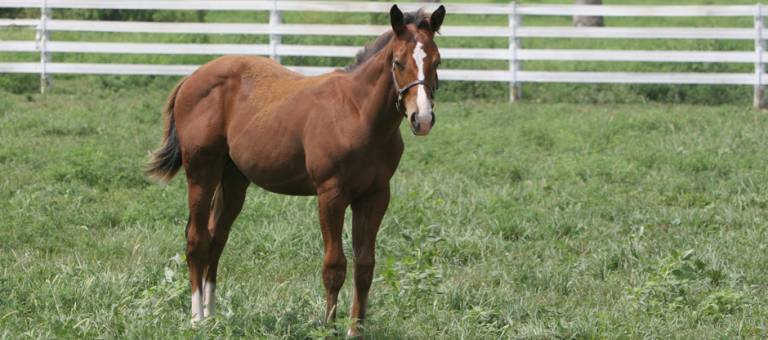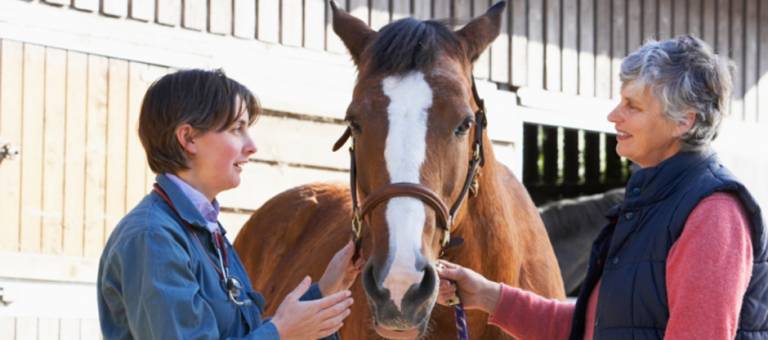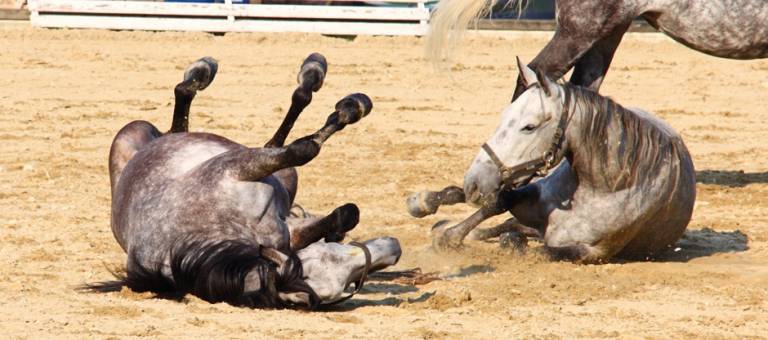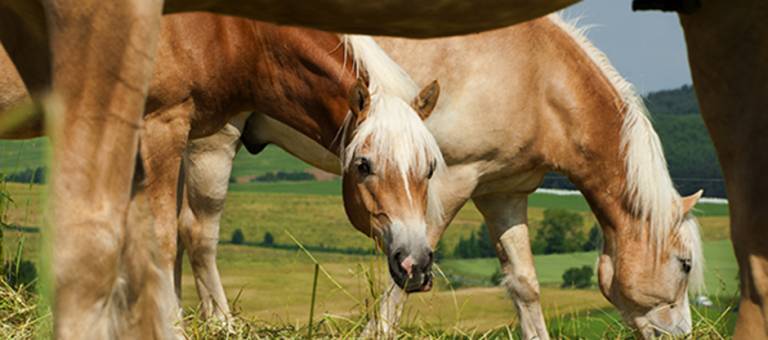Preventative

February 08, 2010
Vaccines: Handle With Care
Proper storage and handling of vaccines for equine use is important in maintaining potency, ensuring efficacy, and minimizing adverse

February 08, 2010
Equine Proliferative Enteropathy Caused by Lawsonia
Equine proliferative enteropathy is an emerging disease caused by the Lawsonia intracellularis bacterium.

February 08, 2010
Acetate for Muscle Glycogen Replacement
During prolonged moderate exercise, horses deplete muscle glycogen which needs to be replaced after the exercise period ends.

February 08, 2010
OCD Study Looks for Metabolic Clues
Osteochondritis dissecans is a developmental orthopedic disease that results in lameness in young horses. Various dietary factors (mineral balance

February 08, 2010
Navicular Disease Treatment Benefits From Smaller Endoscope
Veterinarians at the University of Milan in Italy have used tiny endoscopes (2.7 mm in diameter rather than the

February 01, 2010
Horse Management: Beyond the Basics
Horse owners need to make sure their equine charges have adequate pasture and/or hay; supplemental feed as required to

February 01, 2010
Equine Recurrent Colic and Allergies
Health problems tend to crop up in horses that have been around for several decades. Recurrent colic, excessive gas,

January 27, 2010
Equine Diseases: Alphabet Soup Simplified
Equine diseases, conditions, or problems are frequently referred to by their initials.

January 27, 2010
Disease ABCs: Anthrax, Botulism, Corynebacterium
Although the causative bacteria are naturally found in the soil and exposure is an everyday occurrence, most owners will

January 27, 2010
White Line Disease Requires Early Diagnosis and Aggressive Treatment
Left untreated, white line disease can result in rotation of the coffin bone due to widespread damage in the







